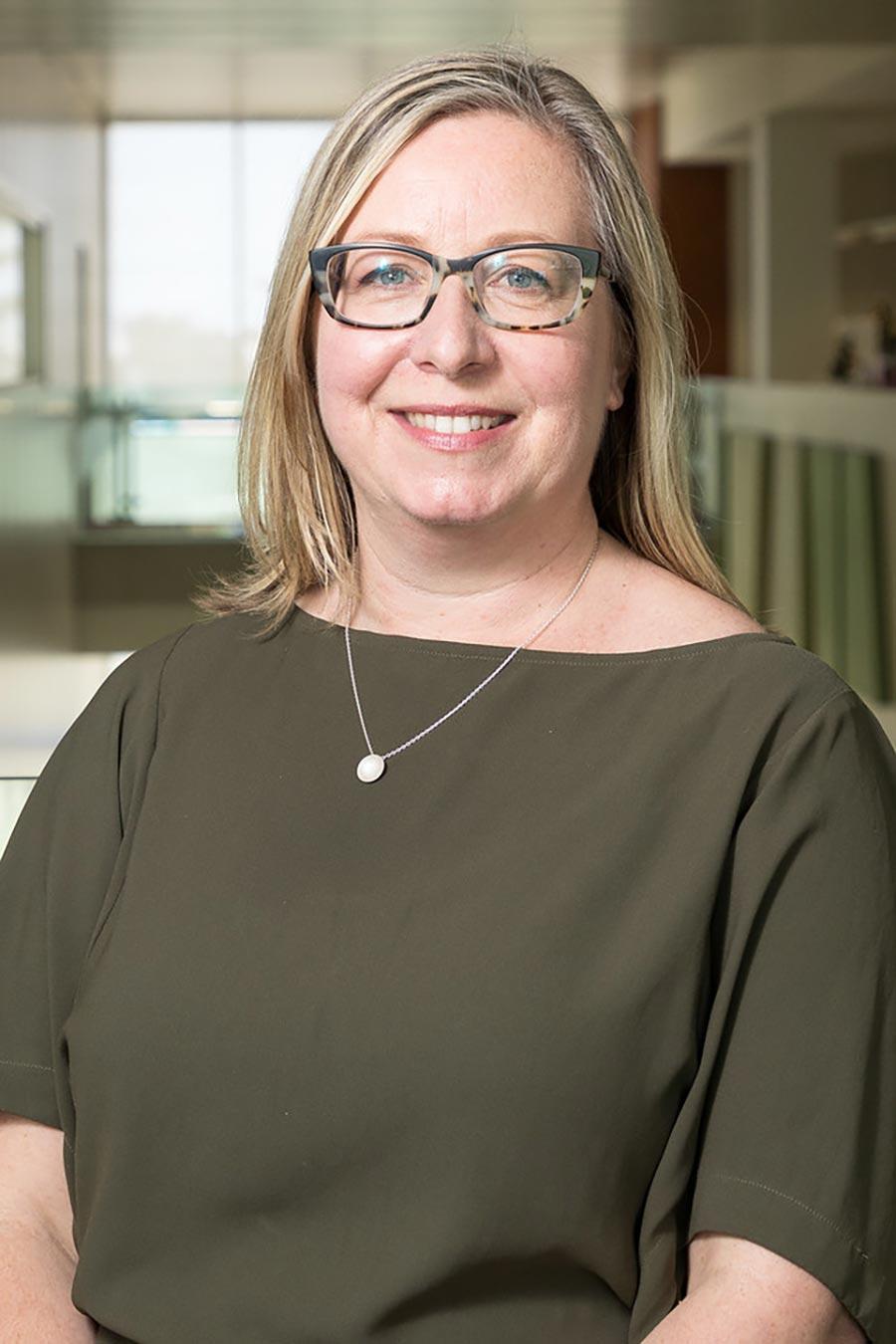2019 International Women’s Day: Dr Danielle Taylor

Dr Danielle Taylor
Dr Danielle Taylor is a health geographer at the University of Adelaide, applying Geographical Information Systems (GIS) to health research.
Her research interests include the application of spatial technology to: health inequalities; spatial epidemiology; accessibility analysis and improving strategic service planning and resource allocation. She is the recipient of the 2017 Hospital Research Foundation Mid-Career Fellowship, based at the Basil Hetzel Institute. Her fellowship research examines the influence of social and environmental factors, as enablers or barriers to healthy ageing and indicators of frailty risk. This International Women's Day we asked Dr Taylor to answer a few questions about her experience in research.
What drew you to research?
When I was studying at university I started working part time on the National Wilderness Inventory, a research project being conducted in the geography department. Even though the digitizing work I was initially doing to create the database was pretty mundane, understanding how it fitted into the broader research project and seeing how innovative the project was and the impact it was having on government legislation, policy and wilderness protection had me hooked. I transitioned to being full-time on the project and eventually became the project manager. I found it truly satisfying and knew research was something I wanted to continue to pursue.
What has been your best experience you have had so far as a researcher?
It is great to know that you are making a difference. The Accessibility/ Remoteness Index of Australia (ARIA) which I helped develop has been use by the Australian Bureau of Statistics (ABS)for 4 Census periods and underpins the ABS Remoteness Areas Classification. The index has helped to identify inequalities in service provision and health outcomes associated with remoteness and has contributed to programs that aim to address these inequalities. I hope that the frailty and healthy ageing work I am doing now will also contribute to improving the health and wellbeing of Australia’s ageing population.
What is one thing you would like to share with female researchers?
I would like to be able to say that gender does not matter, but unfortunately we are not quite there yet. We all have a role to play to make gender equity a reality.
In my career working at the university I have had terrific mentors and colleagues, both women and men, although I must lament the fact that the University of Adelaide does not yet have equal representation of women in their academic staff particularly at senior levels. This is a critical issue that needs to be addressed if universities want to be respected as the thought leaders of the nation.
Which women in your life inspired/mentored you?
There have been many incredible women that have been important in my life. My mother and grandmothers were very caring people, but also strongly independent and resilient. They all played a role in developing my personal character and always encouraged me to do my best and to aim high. My first year geography lecturer was Fay Gale, she is probably part of the reason that ended up being a geographer. She opened my eyes to the role of geographers in casting a light on inequity and making it visible, so that inequalities can be addressed. I didn’t recognise it at the time, but that idea has stayed with me and has been an inspiration.
